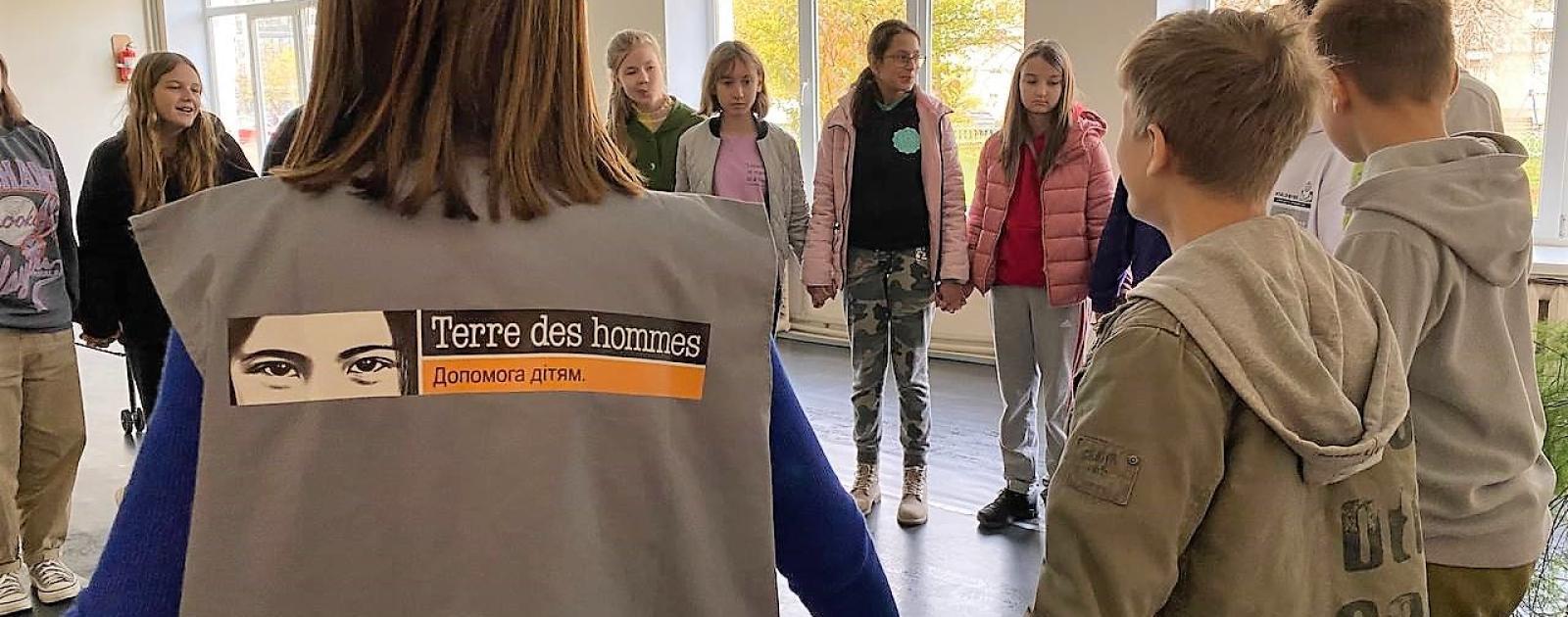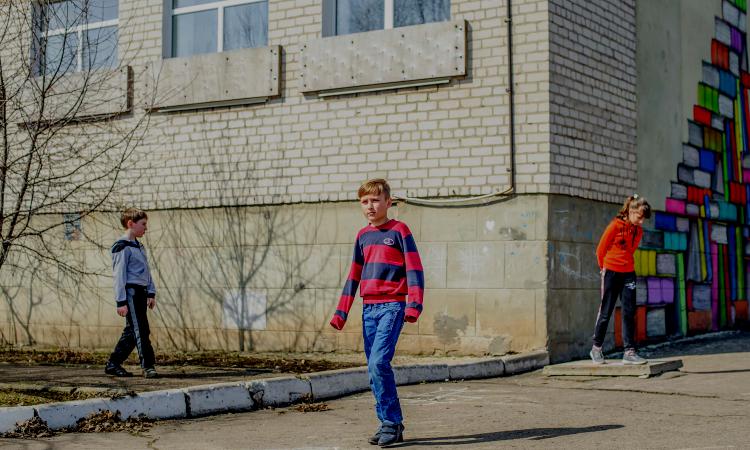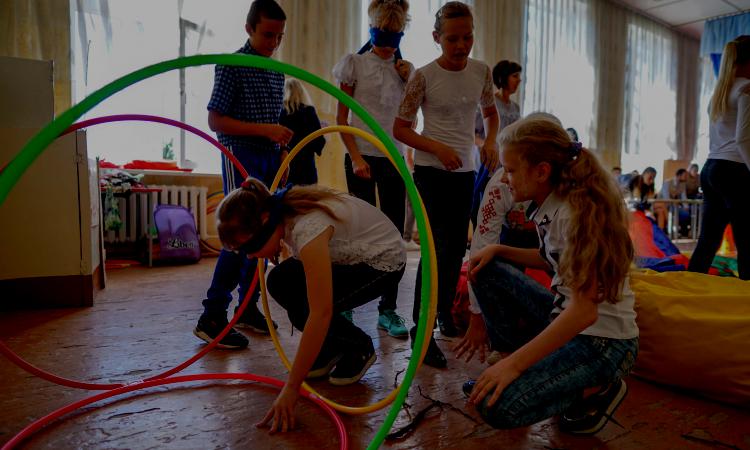
The full-scale invasion has brought new challenges to Ukrainian society. These are not only air raids, shelling, power and communication outages, but first and foremost, forced migration. Millions of people had to leave their homes and go to a safer place. This has resulted in a large number of new residents in each community who now need to adapt to their new surroundings.
Schools are the heart of a community. That is why Terre des Hommes Foundation in Ukraine (TdH) is helping Ukrainians to develop social cohesion through schools. For six months now, residents of 33 communities from Kharkiv, Sumy, Chernihiv, Dnipro, Zaporizhzhia, Mykolaiv and Odesa regions have been experiencing positive changes from this interaction. In their schools, in June 2023, Tdh began implementing the project "Preparing Schools for Social Cohesion" with the financial support of the EU4ResilientRegions - Special Assistance Program for Ukraine, implemented by the German federal company Deutsche Gesellschaft für Internationale Zusammenarbeit (GIZ) GmbH on behalf of the German Government.
"Forced migration has significantly changed the educational process in the country. Children have come to new schools, some are forced to study online or directly from shelters. This is a huge stress for students, parents and teachers. Unfortunately, school textbooks do not teach how to manage emotions, be resilient and open to the world. That is why we have taken on such an important mission," said project manager Yanina Smelyanska.
The project operates in frontline communities that have hosted IDPs. It is designed to strengthen the resilience and capacity of the Ukrainian population to withstand the consequences of Russian aggression.
The first stage of the project is to create child-friendly spaces
Each of the 33 schools participating in the project will be equipped with a special room, a child-friendly space. The goal is to create a place where children feel safe and have the opportunity to receive psychosocial support.
For this purpose, Tdh provides schools with all the necessary equipment: furniture, multimedia, sports equipment, games and stationery. If the premises need repair, the organization also covers the cost of construction materials.
In December, such a space was opened in the Pereshchepynsk Lyceum in the Dnipro region, and the first classes were even held.
"Our teachers, who were trained in October on the methodology, started teaching the students right away. Everyone needs psychological relief now, especially children, so we didn't wait for the space to open. And when we finished the renovation, we started inviting children not only from our lyceum but also from neighboring schools," said Lyceum director Lyubov Plakhotina.
Trainings for teachers
In parallel with the creation of child-friendly spaces, Tdh organized training for facilitators to conduct psychosocial classes based on the Movement, Games, Sports and Creativity methodology. The facilitators will continue to work in their educational institutions.
In 2023, educators mastered a methodology that helps children develop better mental, physical, and emotional abilities. All the skills acquired in the classroom help children and adults cope with stress and the traumatic experiences they have had in wartime.
The educators also completed a series of trainings on first aid and non-violent communication.
Several representatives from each school were invited to each event. After participating in the trainings, they conduct training for their colleagues in the communities.
In 2024, the project will start training using the YouCreate methodology. Each school will train one adult and two youth leaders who will be able to implement their own social initiatives with the support of the Tdh team. Each of the schoolchildren's initiatives will be funded by Terre des hommes and aimed at improving the life of the community.
The project "Preparing Schools for Social Cohesion" is implemented by Terre des hommes with the financial support of the EU4ResilientRegions - Special Assistance Program for Ukraine, implemented by the German federal company Deutsche Gesellschaft für Internationale Zusammenarbeit (GIZ) GmbH on behalf of the German Government.

